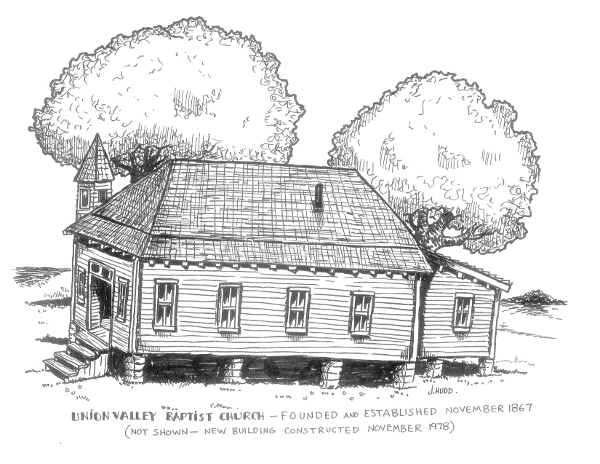
Editor’s Note: The following is Part 3 of a 4-part article.
LONOKE COUNTY, AR—U. S. Highway 70 was the main thoroughfare connecting Little Rock and Memphis. Driving west, U.S. 70 meandered through Little Rock onward to Hot Springs, a very popular tourist attraction of yesteryear. This was before the construction of Interstate 40; therefore, a lot of traffic passed through “The Corner.” Although the area is less populated now, Union Valley Baptist Church, Belle Grove Baptist, Zion Chapel Baptist and St. Matthews Baptist Churches are still active. Those surviving congregations are now in newer buildings, but next to where the old buildings were constructed.
Now, as in the old days, African Americans have excelled in areas and numbers that would surprise the pessimists and delightfully please the optimists. Their success is recognized and admired by people around the world. People of all races regard the struggles that were overcome by African Americans from slavery through the Civil Rights movement, as inspiration for other oppressed groups. There is no doubt that many African Americans have reached the upper echelon of society and represent themselves well in all fields of professions.
Another category of successful African Americans fall in the lower income bracket while employed in unappreciated service positions. Many Americans, including African Americans, support the daily existence of America as we know it. Look at the individuals who work in housekeeping in hospitals, the fast food workers, and the home health aides. With incomes hovering just above minimum wage, taxicab drivers and municipal maintenance workers, keep American moving. Sadly, some ill-advised people want to cast these dedicated workers into a large percentage of people that the cynics say are looking for a handout.
A man of African descent is now the President of the United States. Contrary to what some assume, African-American citizens did not vote for the man simply because he is Black. African Americans, and others, voted for the President because he most favorably addressed the issues that concerned them and the country. In the past, African Americans have voted in block for white candidates for the same reasons. History shows that prior to the mid 1960s, and with the exception of the Franklin D. Roosevelt campaigns, African Americans voted in large numbers for Republicans. Republicans then professed a different social and political agenda.
Looking at segments of Black communities today, we see degrees of chaos and disruption that is uncharacteristic of the legacy left by our ancestors. We are losing the unity that was so profoundly instilled in the days of old. The problems that this race of people now face is not limited to a particular age group. We have disappointments in young as well as not-so-young.
We often hear the question, what is wrong with the young people? One answer is—older generations did not pass along the virtues and standards and heritage handed down to us by our ancestors. The wavering trend started near the end of the civil rights movement.
A great analogy or example would be the Jews of the Old Testament. When the children of Israel were finally freed from bondage, some forgot their past and heritage.
Americans of African Descent: From the Cotton Fields to Corporate Offices
Latest
Free to republish but please credit the People's Tribune. Visit us at www.peoplestribune.org, email peoplestribune@gmail.com
The People’s Tribune brings you articles written by individuals or organizations, along with our own reporting. Bylined articles reflect the views of the authors. Unsigned articles reflect the views of the editorial board. Please credit the source when sharing: ©2024 peoplestribune.org. Please donate to help us keep bringing you voices of the movement. Click here. We’re all volunteer, no paid staff.
